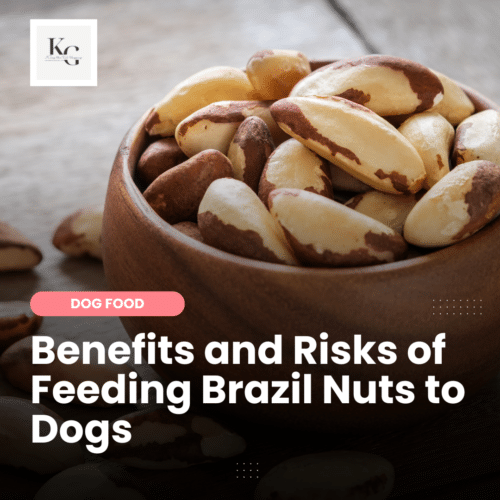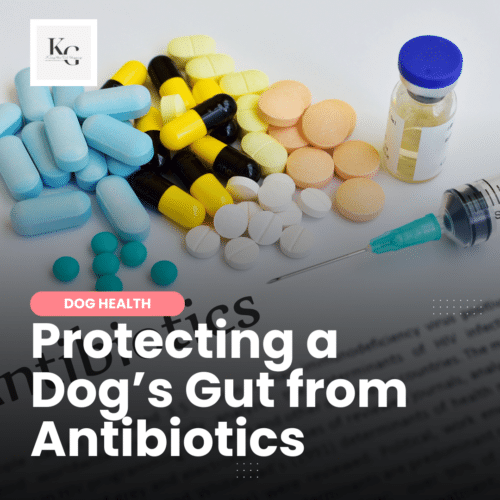Keep the Tail Wagging is supported by pet parents. I occasionally earn a commission (at no additional cost to you) when you click through an affiliate link to one of my favorite products. Thank you for your support. Read More
Humans and mushrooms can make Vitamin D in their body through sun exposure. Our dogs cannot. In this video by Dr. Rhonda Patrick, I learned that my gorgeous Nubian skin color (courtesy of melanin) may be blocking my body's natural ability to absorb Vitamin D. Plus, I'm getting older. My 48th birthday is just around the corner. Shocked? Yeah, #BlackDontCrack
All that being said, I realized that it's important that I make sure that I'm getting all of the nutrients I need, especially as I age. The fastest and most reliable for me to remain healthy is through diet and exercise and the same can be said for my dogs.
Although this video has humans in mind, we can apply much of the same logic to our dogs.
Benefits of Vitamin D for Dogs
- Slows the aging process.
- Helps to maintain healthy teeth and bones.
- Supports heart health.
- Promotes an anti-inflammatory response in the body.
I've also read that dogs that get too little Vitamin D in their diet may be at a higher risk of developing cancer.
Rich Sources of Vitamin D
It's easy to hear that our dogs need a vitamin in their diet and race to the question “what supplement do you recommend?” NO! Before we supplement, we should look to whole foods and the richest source of Vitamin D is fish.
Personally, I eat a lot of fish (sardines and salmon) and I take a multi-vitamin to make sure I'm getting all of the nutrients I need. I take a multi-vitamin because I tend not to eat enough food (bad habit) and I want to make sure that I'm covered.
For my dogs, however, I count on their Vitamin D to come from the food I add to their diet, which includes:
- raw sardines
- carp burgers, source: Scout and Zoe's
- egg yolks, my dogs get whole raw eggs 4-5 days/week
- beef liver, source: beef organ blend from GreenTripe.com
- oysters, source: canned oysters, low sodium from Walmart
- kefir
Vitamin D Toxicity
We often freak out a little when we learn that a dog needs a nutrient in their diet and that's when we risk toxicity. We've seen that a popular kibble brand has been slapped with bad press due to Vitamin D toxicity linked to widespread pet illnesses. We don't want to make the same mistake by over-supplementing our dogs.
Signs of a Vitamin D Toxicity
- lethargy
- loss of appetite
- excessive drooling
- vomiting
- seizures
- weight loss
- weakness
- stomach pain
- constipation
Vitamin toxicities don't show up overnight. They take a long time to present and by that time, the damage has been done. If you're unsure if your dogs are getting enough Vitamin D in their diet, you can have a nutrient hair analysis test done or you can test the food you feed to your dog.
Because my dogs don't eat the same meal every week, I chose to have a nutrient hair analysis test done on an annual basis. The test covers what your dog has consumed for the past 6 months (so technically, we should do this twice a year). I tested my dogs for the first time in January 2019 and everyone came back requiring a small boost in Vitamin B, so I now alternate a Vitamin B supplement recommended by a holistic veterinarian with pork hearts.
Why alternate?
Because I may not always have pork hearts on hand or thawed out and I want to make sure my dogs are covered.
My dogs were hitting the correct levels on Vitamin D and other vitamins and minerals.
Click Here to order a Nutritional Blueprint Testing Kit for Your Dog.
















